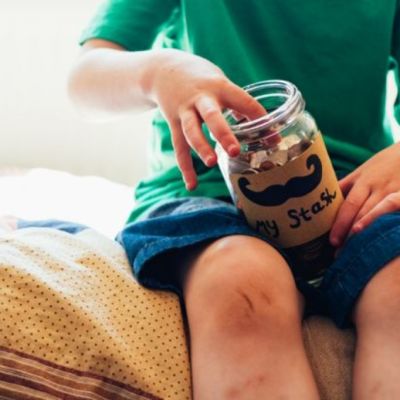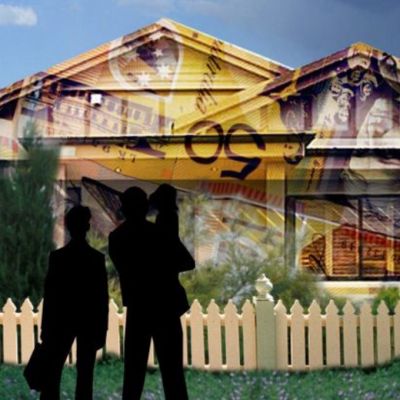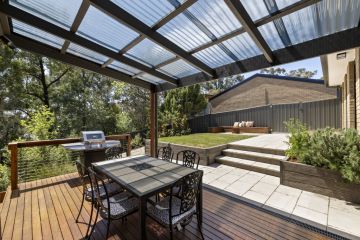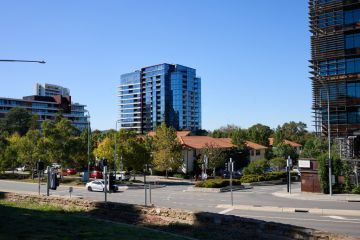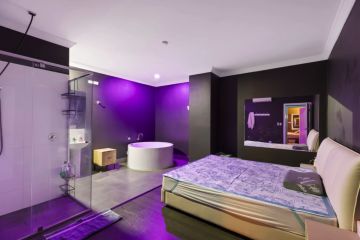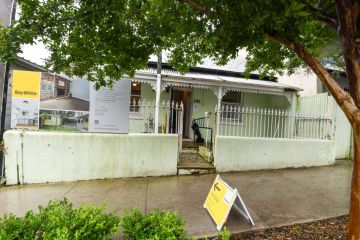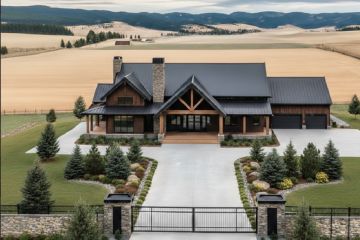Home buyers need to save more than $500 a month to overcome 'deposit hurdle' by 2027
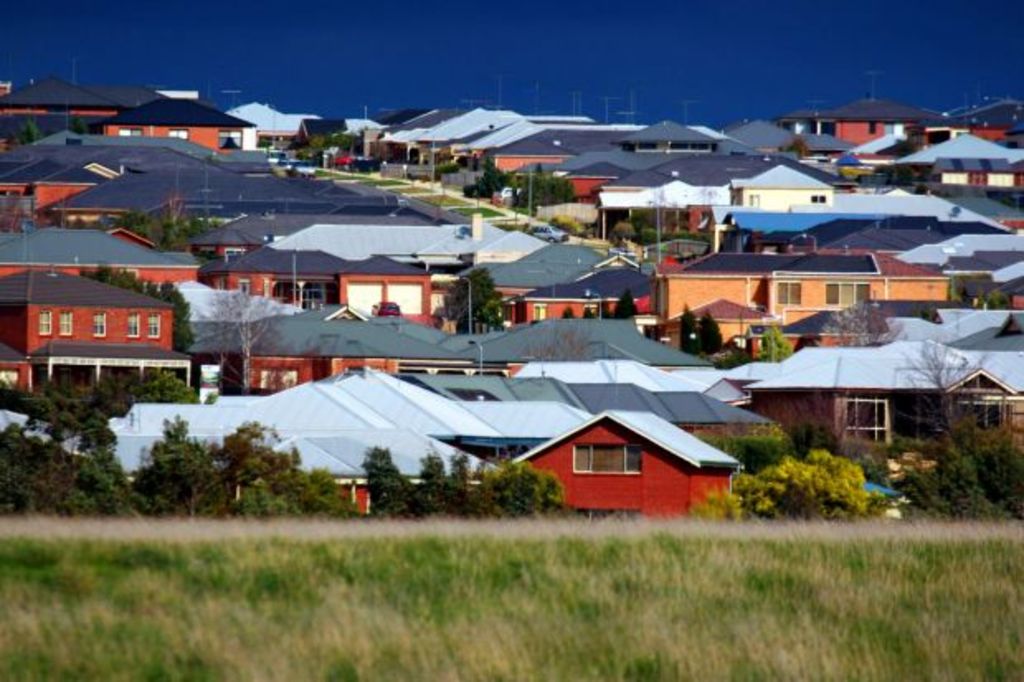
First-home buyers hoping to buy in NSW and Victoria need to save more than $2500 a month to have an adequate enough deposit by 2020, a new analysis shows.
And even those hoping to buy in the next decade need to put away more than $500 a month in order to save a 20 per cent deposit, a Domain Group analysis of latest Australian Bureau of Statistics data shows. Even more savings would be needed to buy in the capital cities.
To buy in Queensland by 2020, they’d need to save $2300, or $470 a month to buy in 2027. And that’s assuming prices don’t grow and before considering stamp duty.
Those buying in the capital cities will find they will have to save even more.
The available Australian Bureau of Statistics data is state-wide, but median prices are more than twice as expensive in the cities.
In NSW, the average first home buyer loan is $353,000. Assuming a 20 per cent deposit, this leaves home buyers needing to accrue $88,250 for a home worth under $450,000.
In Victoria, Queensland, Western Australia and Canberra, on this measure a deposit would be in the $70,000 to $80,000 bracket. This still required hundreds to be saved a month to buy in the next 10 years, as can be seen in the table below.
For those saving a deposit “it”s never been harder”, First Home Buyers of Australia co-founder Daniel Cohen said.
“For people who are only just starting to save a deposit, it is nearly impossible to save a deposit in Australia’s most expensive capital cities,” he said.
As a result of soaring property prices on the east coast and first-home buyer numbers dropping to record low levels, tackling housing affordability has become a Federal Budget issue.
This could include the potential re-introduction of a type of First Home Savers Account (FHSA) where pre-tax income would be put into a superannuation-style account and lightly taxed or provided some other form of incentive.
Mr Cohen said he’d been proposing a similar solution for the past two years.
But he warned any attempt to raise first-home buyer deposits without reducing the amount of investor activity in the market could create further upwards pressure on housing prices.
The last FHSAs were not popular with first-time buyers, BIS Shrapnel senior manager residential Angie Zigomanis said.
While the “deposit hurdle” needed close attention by policymakers, he wasn’t sure FHSAs were the answer.
“In many respects it was a good option but [younger Australians] don’t want to tie up their money for the forseeable future,” he said.
“No one really took it up and it’s hard to see why that would be different this time around.”
Mortgage Choice chief executive John Flavell said he welcomed “anything that can be done to help first home buyers” but warned that the restrictions surrounding the account should not be too cumbersome.
One much-debated option was for the government to allow first-home buyers to raid their superannuation to fund a deposit. Treasurer Scott Morrison has said there is no proposal to allow this in the Budget.
Without government assistance, first-home buyers would be left saving this deposit from scratch – or buying in with a smaller sum and paying lenders mortgage insurance.
In this situation, Mr Flavell recommended moving into cheaper accommodation, aiming to save 10 per cent of each pay cheque in a high interest savings account and paying down debt.
“Keep in mind lenders will assess your ability to borrow funds based on your assets, liabilities, income and expenses,” he said.
Director of Your Property Success, Jane Slack-Smith, said a “sky-rocketing” cost of living and an uncertain property market requires a new approach.
“We’re a far cry from the days where we could purchase a home after just a few years of working,” she said.
Pointing to countries such as China, where 70 per cent of millennials own real estate, she said the solution was in buying as a family and pooling resources.
“I’m a huge fan of adopting this practice and taking a leaf out of their book, encouraging families to pool resources, or even bring the inheritance forward, to assist our struggling youth to get into their first property.”
Young investor and director of Rethink Investing Scott O’Neill said a 10 per cent deposit plus costs could be used to buy a property and for those willing to rentvest and budget, this could be achievable.
“Requiring a smaller deposit for a home is an obvious way to get you into the market years before others,” Mr O’Neill said.
We recommend
We thought you might like
States
Capital Cities
Capital Cities - Rentals
Popular Areas
Allhomes
More
